June 22, 2025 | 09:07 GMT +7
June 22, 2025 | 09:07 GMT +7
Hotline: 0913.378.918
June 22, 2025 | 09:07 GMT +7
Hotline: 0913.378.918
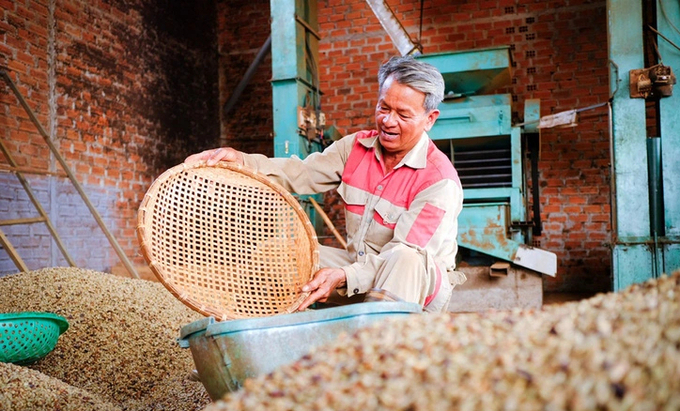
Farmers in Nam Yang commune, Dak Doa district (Gia Lai province) grind green coffee beans to sell to take advantage of high prices. Photo: Tan Luc.
Although coffee prices have increased again, the quantity of goods among people is not much
Mr. Tran Ngoc Chau (Nam Yang commune, Dak Doa district, Gia Lai) said that after harvesting 10 tons of coffee from the previous crop, his family gradually sold 8 tons when the coffee price fluctuated between VND 70,000 - 90,000 per kg.
The remaining amount of coffee was more than 2 tons, which he recently sold for VND 120,000 per kg.
According to Mr. Chau, people in the commune who grow a lot of coffee have also sold all of the previous crop's coffee beans, with only a few remaining in their homes in small quantities. "Coffee prices are continuously high, exceeding growers' expectations. People hope that coffee prices will continue to maintain above VND 100,000 per kg in the year-end harvest," Mr. Chau said.
While coffee growers are excited, Mr. Y Pot Nie, a start-up E De Café in Dak Lak, said the price increase makes it difficult for artisanal coffee producers like him. Sales have dropped significantly when businesses increased product prices due to raw material price pressure.
With rising prices, stores turned to lower-priced sources such as blended coffees.
According to Mr. Nie, finding raw materials for production is not easy because there is not much stock left among the people. This start-up predicts that from now until the end of the year harvest, coffee prices will continue to increase due to supply cuts and forecast crop failure due to prolonged drought.
A sizeable roasting business in Gia Lai said that all businesses had to increase finished product prices at a very large margin to cope with rising raw material prices.
According to this business, the continuously high price of coffee causes production reserves to decrease. Raw materials can only be reserved for 1 - 1.5 months instead of 3 - 4 months because of insufficient capital.
Since Tet, roasters have also recorded a significant decrease in consumption output due to reduced consumer demand as prices increase. "If this situation lasts, it will not be good for the whole industry because the international market controls coffee prices while domestic producers and consumers are affected," he said.
Global coffee prices are slightly decreasing on the London market and significantly decreasing on the New York market. According to experts, this downward trend is a natural consequence of last week's strong increase. Hedge funds and speculators bought too much and are now selling off to rebalance their portfolios.
According to Bloomberg, the supply shortage is expected to continue pushing coffee prices up until mid-2025. Due to increasingly stringent import regulations, European consumers may have to pay more for their coffee.
Global demand for Robusta coffee, especially in the European Union, is sharply rising. Many European roasters are accelerating their imports to avoid being affected by the EU's Forest Law Enforcement, Governance, and Trade Regulation (EUTR), which takes effect in January 2025. This indicates a bright outlook for coffee prices in the near future.
Information from many businesses shows that the price of Vietnamese robusta coffee exports reaches USD 4,500 - 4,600 per ton depending on the quality of the product and shows no signs of stopping. On ICE Futures Europe, the price of robusta coffee (Vietnam's primary export type) delivered in September 2024 increased by 0.90%, reaching USD 4,617 per ton.
Mr. Nguyen Nam Hai, chairman of the Vietnam Coffee and Cocoa Association, said that coffee prices on the global market are still high because Brazil's coffee output (harvested in May-June) has decreased because of the extreme weather, not to mention coffee has also become an attractive investment channel for speculators, pushing up demand.
Vietnam's coffee export output this year is forecast to decrease compared to last year.
Meanwhile, many European roasters are speeding up coffee imports to avoid being affected by the European Union's Anti-Deforestation Regulations (EUDR) taking effect from the beginning of January 2025.
"In the short term, coffee prices will stabilize at a good level, making it difficult to decline deeply. However, in the long term, with many influencing factors such as supply and demand, political instability, speculation... it is not easy to predict the selling price," Mr. Hai said.
According to information from the Ministry of Agriculture and Rural Development, in the first 6 months of this year, Vietnam exported about 902,000 tons of coffee, down 10.6% over the same period last year. Still, the turnover reached USD 3.2 billion - an increase of more than 34% compared to the previous year's period due to a sharp rise in export coffee prices.
It is forecast that by 2024, Vietnam's coffee export turnover can reach USD 5.5 billion, even up to USD 6 billion if favorable.
Translated by Huong Giang
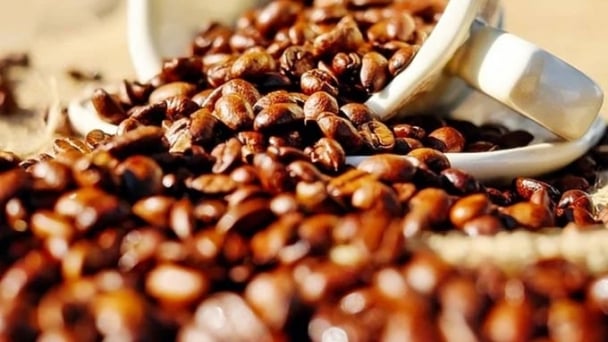
(VAN) Coffee prices on June 20, 2025, fluctuated, with Arabica plunging by 3%. Domestic coffee prices remained flat, trading at VND 103,000 – 103,500/kg.
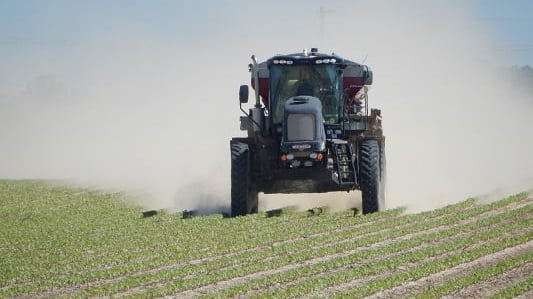
(VAN) The vice president of fertilizer with Stone X Group says increasing tensions in the Middle East are impacting global nitrogen prices.

(VAN) Coffee prices on June 19, 2025 dropped globally. Domestic coffee prices dropped by as much as VND 2,300, plunging to around VND 107,100 - 107,700/kg.
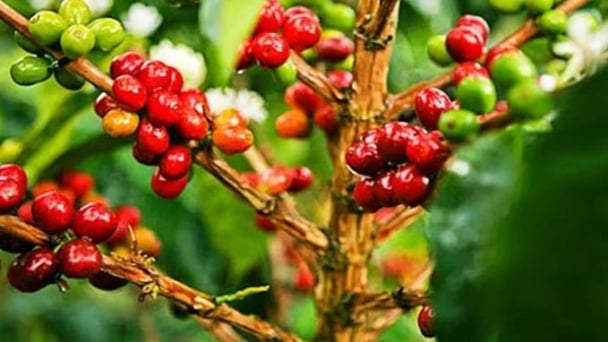
(VAN) Coffee prices on June 18, 2025, declined globally, with Arabica losing about 2.3%. Domestic prices fell by VND 1,600, down to VND 109,400 – 110,000/kg.
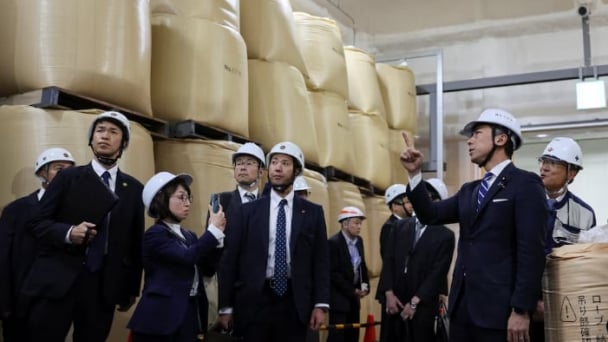
(VAN) Japan will release another 200,000 metric tons of rice from its emergency stockpile to tackle a doubling of prices since last year, Agriculture Minister Shinjiro Koizumi said on Tuesday.

(VAN) Coffee prices on June 13 declined sharply for Arabica. Domestic coffee market in Vietnam dropped by VND 2,000, trading at VND 111,500 – 112,300/kg.

(VAN) Coffee prices on June 12, 2025, continued to fall. Domestically, coffee prices decreased by another VND 2,000, trading at VND 111,500 – 112,300/kg.